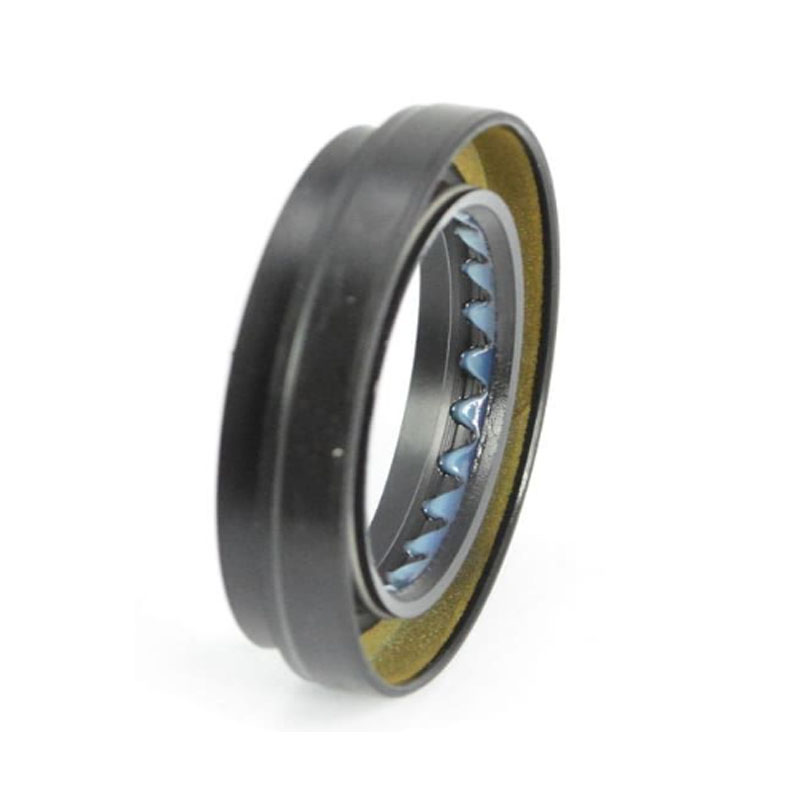Exploring the Importance of Drive Shaft Yoke Seals for Vehicle Performance and Maintenance Needs
Understanding Drive Shaft Yoke Seals Importance and Maintenance
The drive shaft yoke seal is a crucial component in any vehicle's drivetrain system. It plays an essential role in ensuring efficient operation and longevity of the vehicle by preventing the loss of lubrication and protecting critical components from contaminants. In this article, we will explore what drive shaft yoke seals are, their functions, common issues associated with them, and maintenance tips to keep them in optimal condition.
What is a Drive Shaft Yoke Seal?
A drive shaft yoke seal is a type of seal that is located at the connection point between the drive shaft and the differential or transmission. This seal is designed to prevent fluid leaks from the drive shaft yoke area, where the drive shaft connects to the vehicle's drivetrain. The seal forms a barrier that keeps lubricating oil contained while also preventing dirt, dust, and moisture from entering the drivetrain.
Functions of Drive Shaft Yoke Seals
1. Fluid Retention One of the primary functions of the yoke seal is to retain the lubricant within the drivetrain components. This is critical for ensuring that the bearings and gears in the differential or transmission are properly lubricated, which helps minimize friction and wear.
2. Contaminant Protection The yoke seal acts as a protective shield against external contaminants. By preventing dirt and moisture ingress, it helps in maintaining the integrity of the lubricating oil and prolongs the life of the drivetrain components.
3. Noise Reduction A properly functioning yoke seal helps reduce noise levels within the drivetrain system. By ensuring a tight seal, it minimizes vibrations and operational sounds, contributing to a smoother ride.
Common Issues with Drive Shaft Yoke Seals
Despite their robustness, drive shaft yoke seals can encounter several issues over time
1. Wear and Tear Continuous operation exposes seals to heat, friction, and movement, leading to wear and degradation. Over time, this may result in cracks or breaks, causing leaks.
drive shaft yoke seal

2. Contamination If the seal is damaged or improperly installed, contaminants can enter the drivetrain. This can lead to premature wear of gears and bearings due to the introduction of abrasive materials.
3. Fluid Leaks A failing yoke seal commonly leads to fluid leaks, which can reduce lubrication efficiency and lead to severe damage to the internal components of the drivetrain.
Maintenance Tips
To ensure the longevity and efficiency of drive shaft yoke seals, regular maintenance is essential
1. Regular Inspections Periodically check the seals for any signs of wear or leakage. Look for fluid spots underneath the vehicle and inspect the area around the yoke for evidence of oil leakage.
2. Maintenance of Lubrication Regularly inspecting and replacing the lubricating oil helps prevent seal damage. Old or contaminated oil can accelerate wear on the seals and other drivetrain components.
3. Proper Installation If the drive shaft yoke seal needs replacement, it is crucial to ensure proper installation. A poorly installed seal can lead to immediate failure and costly repairs down the line.
4. Environmental Considerations If you drive in harsh conditions, such as off-road or in extreme temperatures, the seals may be subject to additional stress. Consider using high-quality seals designed for such conditions.
Conclusion
Drive shaft yoke seals may be a small component, but their importance in the overall functionality of a vehicle's drivetrain cannot be overstated. By understanding their role, recognizing potential issues, and performing regular maintenance, vehicle owners can ensure that their drive shaft yoke seals function effectively, thereby enhancing the lifespan and reliability of their vehicles. Regular care can prevent costly repairs and keep your vehicle running smoothly for years to come.
-
The Ultimate Guide to Car Repair Kits: Tools and Essentials Every Driver Should Own
News Aug.01,2025
-
The Complete Guide to Oil Pan Gaskets: Sealing Engine Leaks the Right Way
News Aug.01,2025
-
Preventing Oil Leaks: A Complete Guide to Oil Pan Gaskets and Drain Seals
News Aug.01,2025
-
Everything You Need to Know About Oil Pan Gaskets and Drain Plug Seals
News Aug.01,2025
-
Essential for Car Owners: How to Use a Car Repair Kit to Deal with Minor Breakdown
News Aug.01,2025
-
Comprehensive Guide to Engine Oil Sump Gaskets and Related Seals
News Aug.01,2025
-
The Ultimate Guide to Boat Propeller Bearings and Trailer Wheel Bearings
News Jul.31,2025
Products categories















